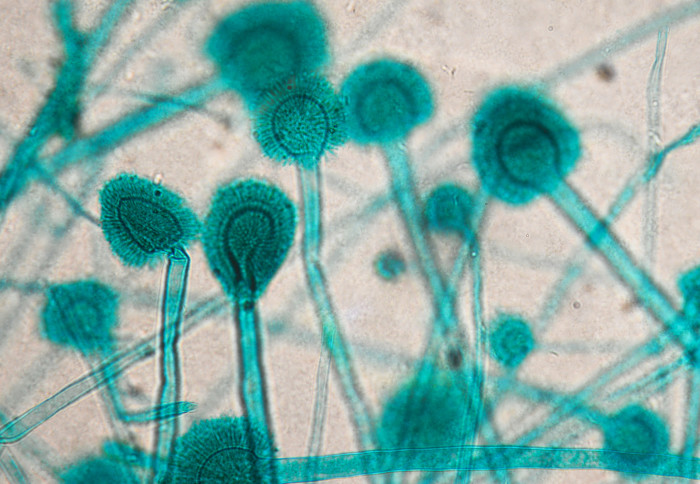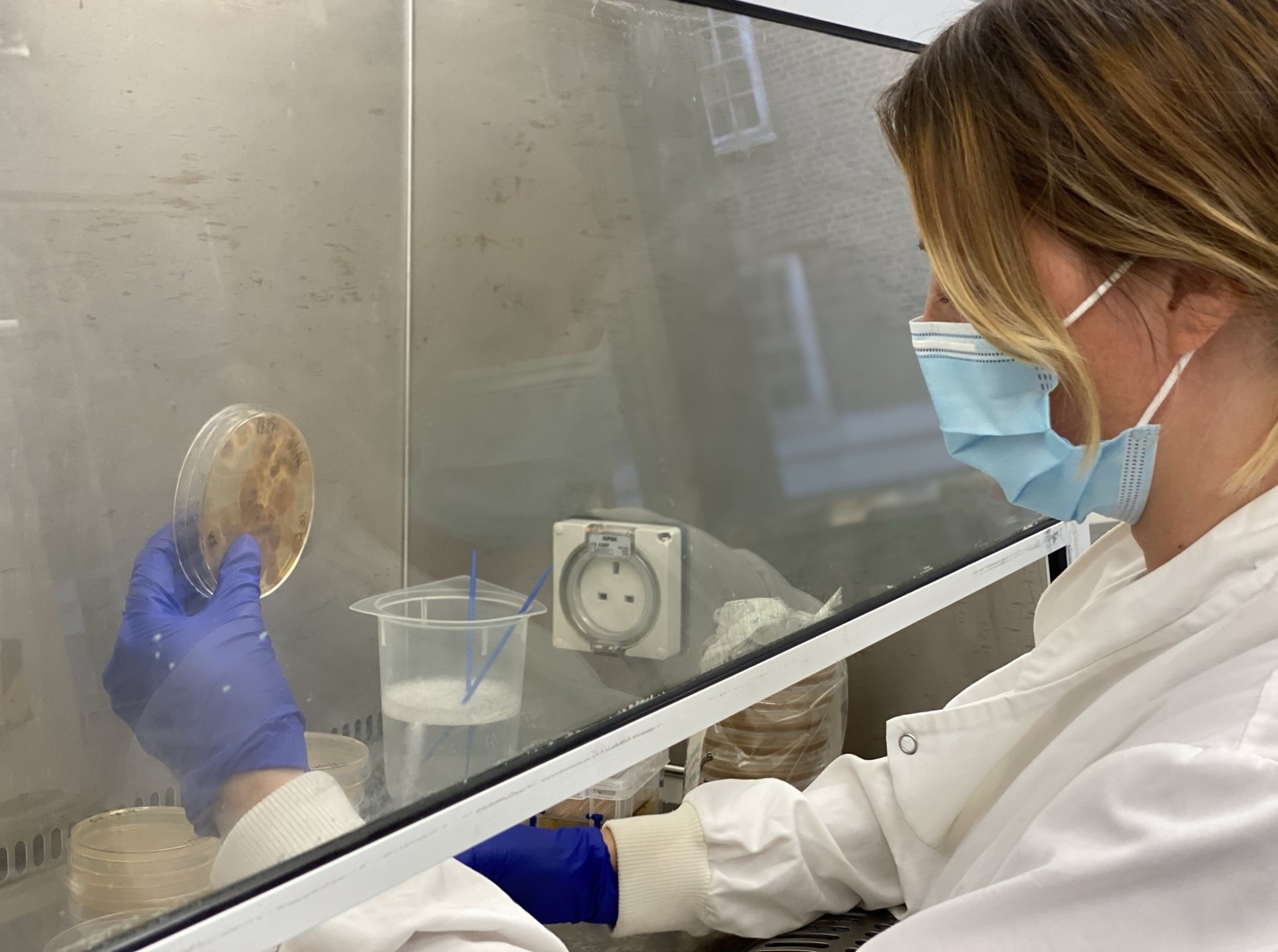TV zombie fungus highlights real world threat of fungal pathogens
by Ryan O'Hare

Hit TV show The Last of Us follows on from an outbreak of a fictitious fungi, but Imperial experts are among those battling very real fungal diseases.
This month, the long-awaited series The Last of Us hit television screens, to huge praise from critics and fans – gaining a record high audience score on Rotten Tomatoes.
At the heart of the show, and the original video game, is an outbreak of a terrifying fungal disease which turns its host into zombies, rapidly spreading around the world and leading to a reset of modern civilisation.
In the real world, fungal pathogens are often overlooked, despite more than 200 million people living with severe life-threatening fungal disease, and fungal pathogens killing more than 1 million people a year around the world.

The World Health Organization recently published guidance highlighting 19 priority fungal pathogens, as a call to arms to policy makers and the global scientific community.
Professor Matthew Fisher, from the MRC Centre for Global Infectious Disease Analysis at Imperial College London, is a part of the global scientific community working to uncover more about these fungi.
Based at Imperial's White City campus, his team is focused on two of those on the priority list – Aspergillus (commonly known as black mould) and Cryptococcus, a yeast – both of which can be devastating.
Fungal pathogens represent a major threat that are often overlooked. We are all exposed to potentially lethal fungi every day Professor Matthew Fisher MRC Centre for Global Infectious Disease Analysis
Professor Fisher said: "The Last of Us is a fantastic exploration of the dystopian fallout caused by a fungal outbreak. While the scenario is unlikely, it is grounded in biology.
"There are hundreds of Cordyceps species that have evolved across the millennia a breath-taking array of pathogenic strategies - some very gruesome.
"For instance, there are 'zombie fungi' which take control of ants, changing their host’s behaviour before bursting out of their heads. There are even some parallels with other non-fungal parasites, like Toxoplasma gondii, which may change behaviour of rodents, and some have suggested even humans.
"Like bacteria or viruses, fungi are ancient, and they are everywhere. Indeed, one of the largest organisms on Earth is believed to be a fungus – a sprawling mycorrhizal network found in the United States. Just like bacteria and viruses, some fungi have the potential to cause us harm – and fungal pathogens represent a major threat that are often overlooked. We are all exposed to potentially lethal fungi every day.

"The COVID-19 pandemic has shown us just how rapidly pathogens can spread around the world. With climate change, we could see outbreaks of previously unknown fungal pathogens, or known pathogens extending their range.
"Drug resistance is also a major concern in treating fungal infections. We can see the impact when bacterial 'superbugs' become resistant to antibiotics, like MRSA. This is increasingly the case with many fungal infections.
"The WHO list could be a game changer and we hope it will wake us up to the increasing global threat of fungal pathogens. It’s a call to arms to develop strategies to manage the omnipresent risk they present."
Article text (excluding photos or graphics) © Imperial College London.
Photos and graphics subject to third party copyright used with permission or © Imperial College London.
Reporter
Ryan O'Hare
Communications Division
